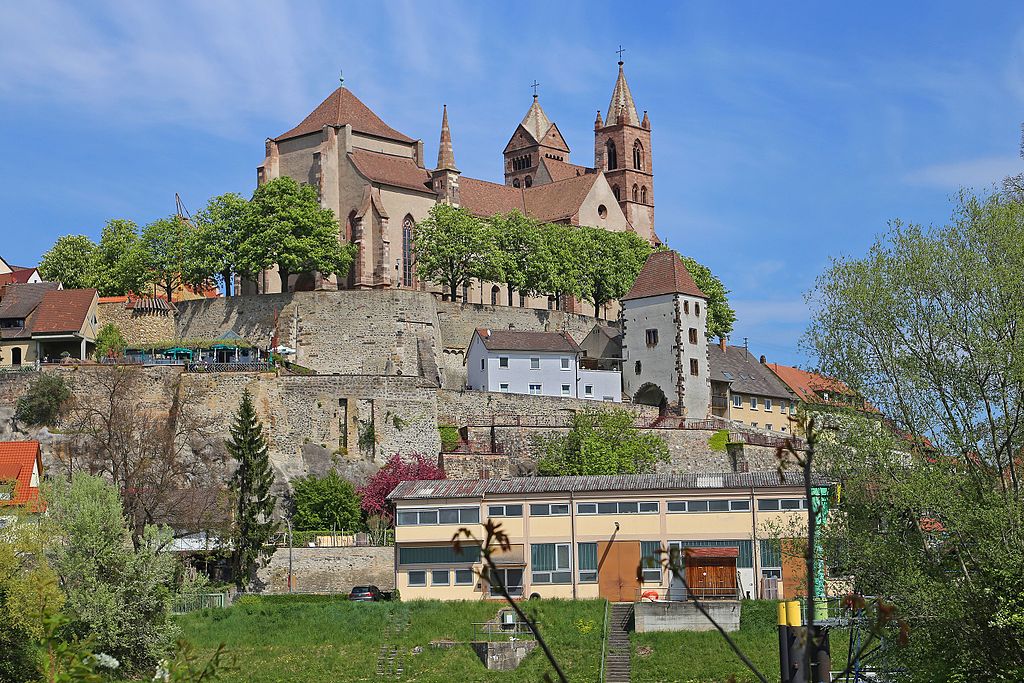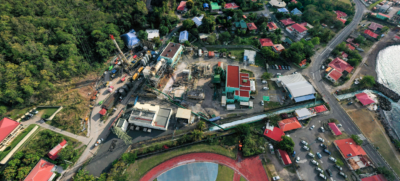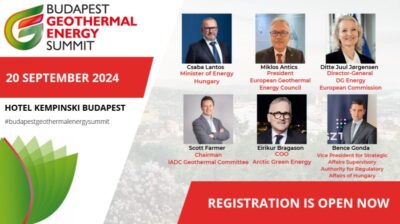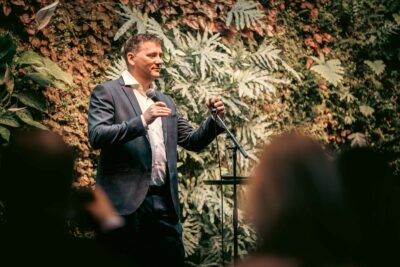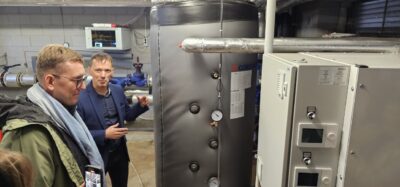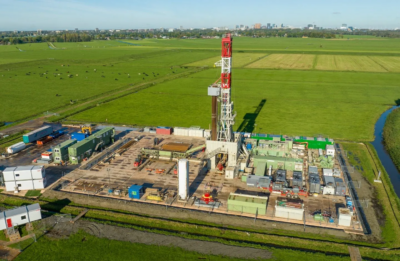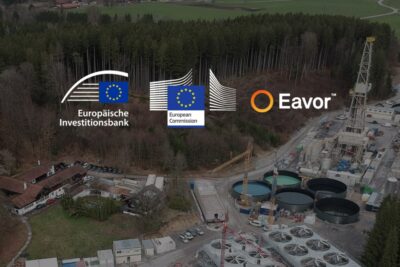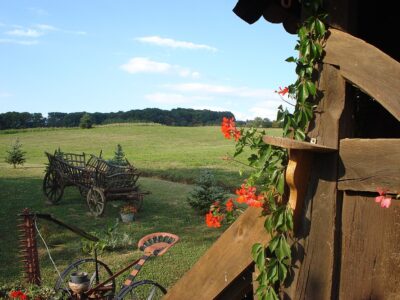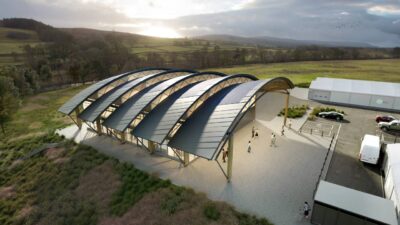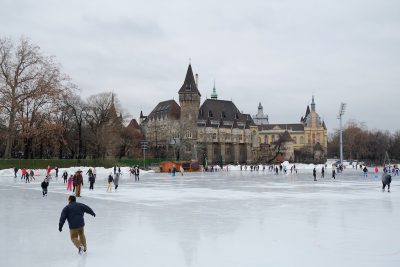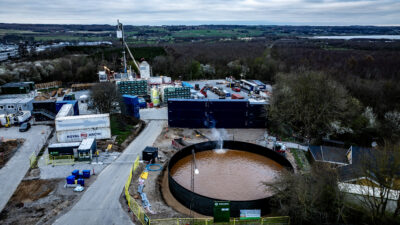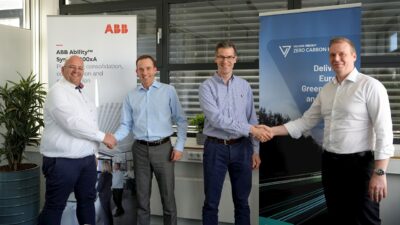Potential drilling locations identified for Breisgau geothermal project, Germany
Local energy company badenova has identified three potential municipalities for geothermal drilling for the Breisgau geothermal heating project in Germany.
Local energy company badenova, through subsidiary badenovaWÄRMEPLUS, has now narrowed down the possible drilling locations for a geothermal heating project in Breisgau in Baden-Württemberg, Germany. Three municipalities are being considered for geothermal drilling – Hartheim, Breisach, and Bad Krozingen, all located within the southern Upper Rhine Graben.
Geoscientific data coming from extensive investigations indicate the presence of several structures that are possibly suitable to host hydrothermal waters. The data so far indicates that there are water-bearing, permeable layers at depths of around 2500 to 3200 meters. The geothermal heat stored in this layer can be enough to support the operations of a heating plant.
The geothermal exploration permit was granted to badenova in 2021. This was followed in quick succession by an aero-magnetic and gravity survey later in 2021, and a seismic campaign in 2022.
More work is yet to be done before drilling can commence. In addition to finding a suitable property for the operation of the system, the drilling path will need to be planned and simulated. “The analyzes of the flow speed of the thermal water and the potential for district heating networks in the communities along the planned heat pipeline will decide which location is best suited from an economic perspective,” commented Klaus Preiser, Managing Director of badenovaWÄRMEPLUS.
“The last few years of intensive investigations continue to be promising. Our goal is to harness the potential of geothermal energy in our region and thus bring green heat into households. We are already examining the next exploration areas around Lahr and Lörrach – all with the goal of generating 1 TWh of green heat by 2035. The use of geothermal energy should play a major role in this,” added Heinz-Werner Hölscher, Board Member of badenova.
A preemptive community engagement approach
Since 2021, badenovaWÄRMEPLUS started an interesting stakeholder/ public engagement approach. The company founded a Citizens’ Council to transparently involve the citizens of the seven municipalities involved in the ERDWÄRME-BREISGAU project. The Citizens’ Council has so far made 74 recommendations that have already been implemented or will be worked on and incorporated in the course of project development.
In 2022, badenovaWÄRMEPLUS held a second public expert hearing for a Citizens’ Council on the planned heating project. More than two-thirds of the citizens’ council felt very well informed after the second expert hearing and praised how the hydrothermal process was explained.
For the next phase of the project, an information brochure will be sent to all citizens of the three potentially suitable municipalities by April 2024. Distribution takes place via the respective municipality’s official gazettes. Information events are planned in all three municipalities in autumn 2024, when the evaluations should be completed and further detailed project results are available.
badenovaWÄRMEPLUS will also be holding a digital information event on the current status of the Breisgau geothermal project on Friday, March 15, 2024. Registration for the online event can be done at the website of the ERDWÄRME-BREISGAU project.
Source: badenova
